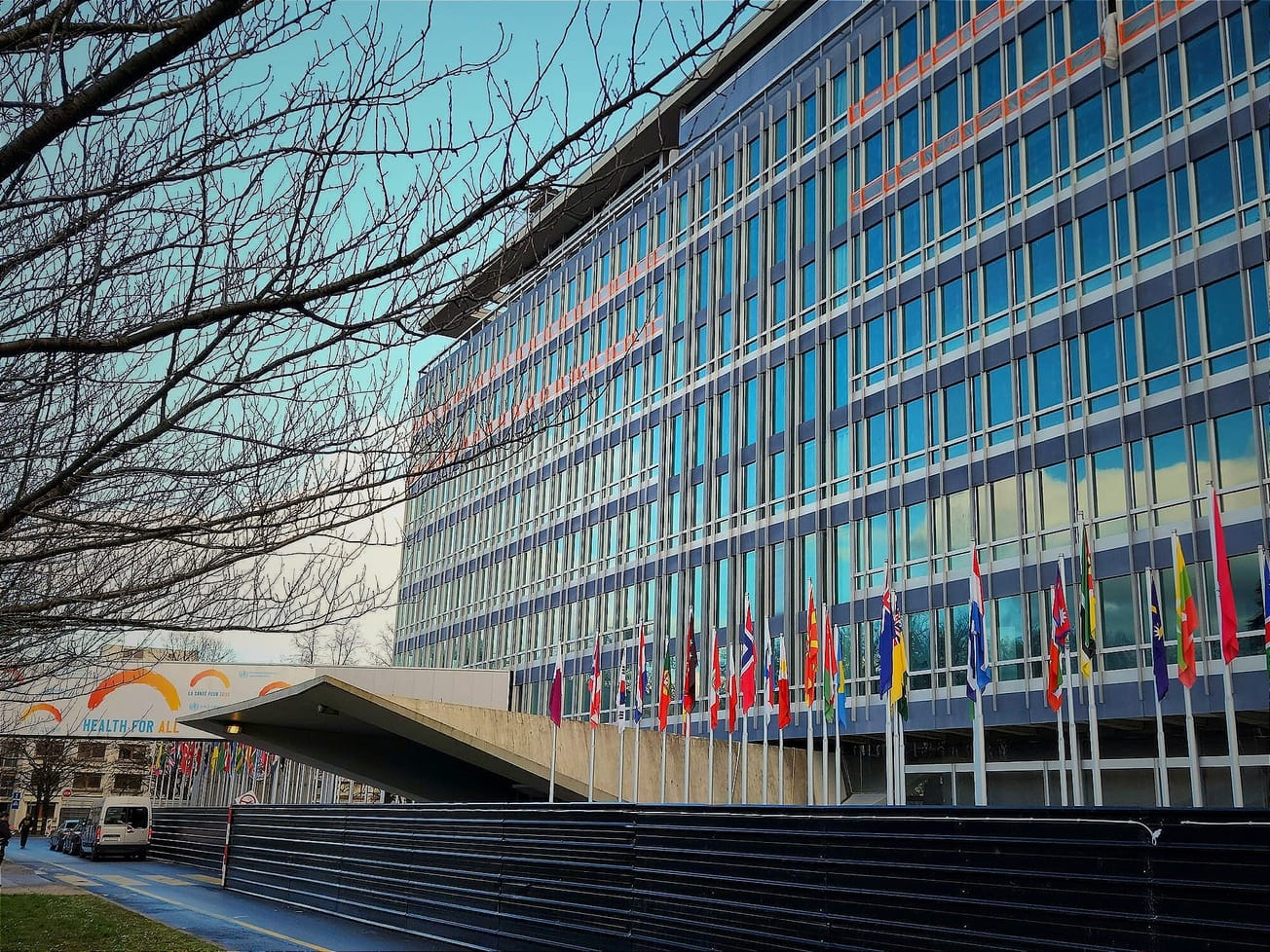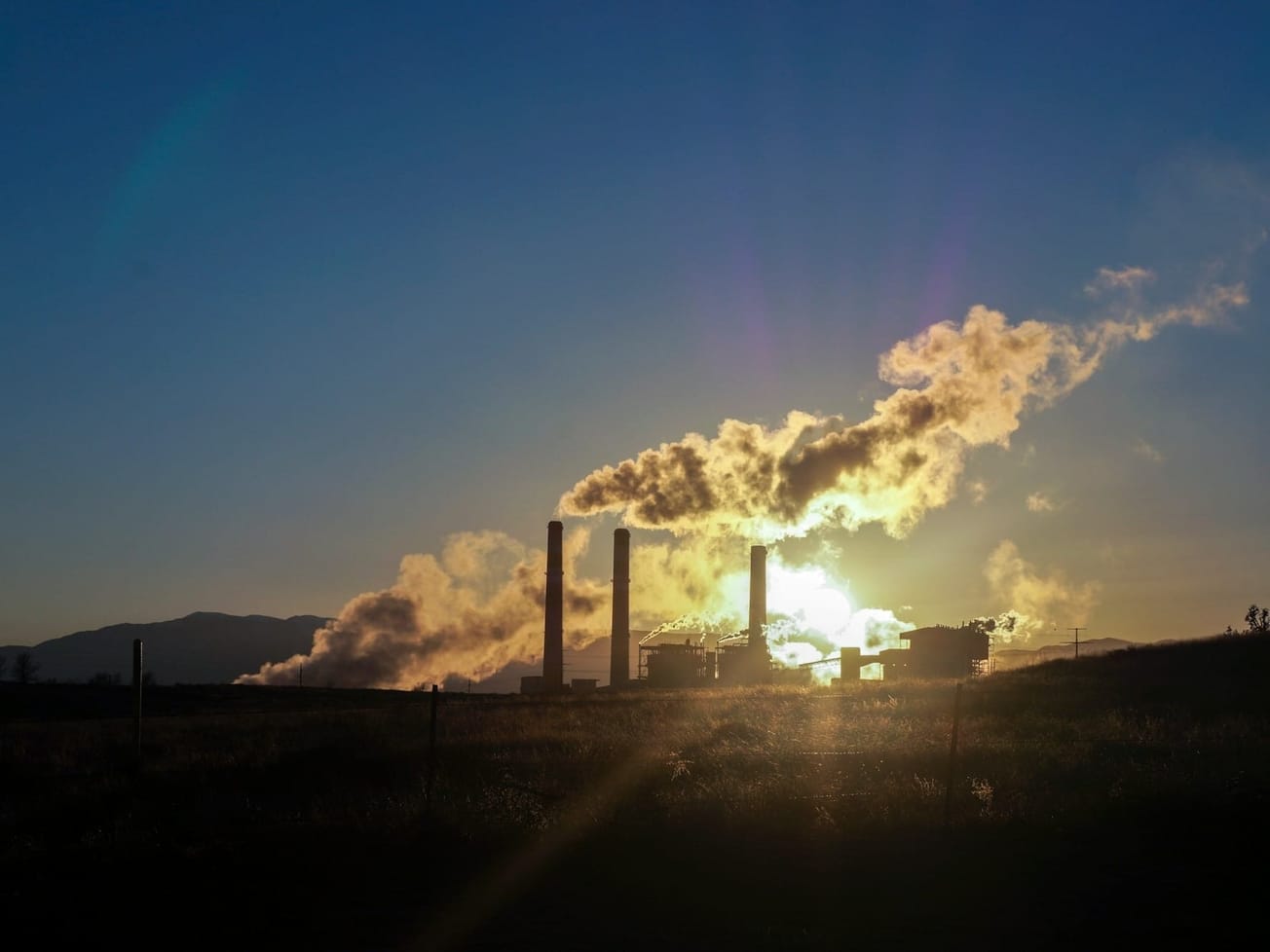French President Emmanuel Macron led a chorus of world leaders and advocates in celebrating the United States' official return to the 2015 Paris Agreement on Friday, little more than three months since the former Trump administration pulled out of the global climate treaty.
"Best wishes on this most significant day for the American people!" Macron tweeted to U.S. President Joe Biden and Vice President Kamala Harris. "We are together. We will be stronger to face the challenges of our time. Stronger to build our future. Stronger to protect our planet. Welcome back to the Paris Agreement!"
Biden told the virtual Munich Security Conference that the United States has a responsibility to act.
"We can no longer delay or do the bare minimum to address climate change. This is a global, existential crisis, and we’ll all suffer — we’ll all suffer the consequences if we fail," Biden said.
"We have to rapidly accelerate our commitments to aggressively curb our emissions and to hold one another accountable for meeting our goals and increasing our ambitions," he said. "That’s why, as president, I immediately rejoined the Paris Agreement, and as of today, the United States is officially once again a party to the Paris Agreement, which we helped put together."
U.S. Secretary of State Antony Blinken called the treaty "an unprecedented framework for global action" with the simple yet expansive purpose of saving the planet.
"Climate change and science diplomacy can never again be 'add-ons' in our foreign policy discussions," he said. "Addressing the real threats from climate change and listening to our scientists is at the center of our domestic and foreign policy priorities. It is vital in our discussions of national security, migration, international health efforts, and in our economic diplomacy and trade talks."
#StarsAndStripes to welcome the USA back to the Paris Agreement on climate change.
— Ed Hawkins (@ed_hawkins) February 15, 2021
Each stripe is the annual temperature across the USA. 1895 at the top and 2020 at the bottom. pic.twitter.com/QyQG1FGgDr
BREAKING: @UN's @antonioguterres & @ClimateEnvoy John Kerry to celebrate the U.S. rejoining the #ParisAgreement LIVE this Friday 2/19 at 3 pm ET during our virtual Global Engagement Summit. Join us as 🇺🇸recommits to bold #climateaction: https://t.co/m5t89KhxBQ #USAforUN pic.twitter.com/UIBHqza55n
— UNA-USA (@UNAUSA) February 17, 2021
Towards carbon neutrality
U.N. Secretary-General António Guterres and John Kerry, the new U.S. presidential climate envoy, also celebrated the occasion at a "Global Engagement Summit" held virtually later in the day.
It was billed as a showcase for the United States' recommitment to "bold action" in tackling climate change, precisely 107 days after former President Donald Trump formally withdrew the United States from the climate treaty signed by 195 nations.
"Today is a day of hope," Guterres told the summit about readmitting the world's second-biggest climate polluter, behind only China, to the treaty. "For the past four years, the absence of a key player created a gap in the Paris Agreement; a missing link that weakened the whole."
Guterres said the treaty's commitments, while historic, do not go far enough, and are not being met, which is why the United Nations is rallying nations this year around building "a truly global coalition for net zero emissions by 2050" by shifting toward renewable energy sources and "green" infrastructure.
Kerry, as secretary of state in the former Obama administration, helped clinch the Paris Agreement. The Biden-Harris administration committed to making significant short-term cuts in greenhouse gases and to achieving net-zero global emissions by mid-century or before.
It also pledged to make climate considerations "an essential element of United States foreign policy and national security," according to an executive order from the White House last month.
As the designated leader of America's reemergence as a major force in global climate politics, Kerry expressed his regret at a summit last month that his nation had been absent from confronting the challenge due to Trump's skepticism towards climate change.
On his first day in office, Biden reversed Trump's decision to withdraw from the treaty's measures to lower emissions of carbon dioxide, methane and other heat-trapping gases in the atmosphere by 2030.
The treaty's goal is to prevent average global temperatures from rising more than 2 degrees Celsius above pre-industrial levels, or 1.5 degrees C. if possible — though the world already has warmed by about 1 degree, so the choice is between one degree or a half-degree more warming.
Nations also committed to mobilizing US$100 billion a year in climate financing for improving developing nations' adaptation and resilience amid rising temperatures.
At the Munich Security Conference, Kerry likewise blasted the Trump administration for wasting precious time.
"Three years later, three years wasted," he said. "Around 2030 is the date in which we have to get the world now on the right path in order to cap the warming at that level of 1.5. So we are absolutely, clearly, without question, inside the decisive decade."








